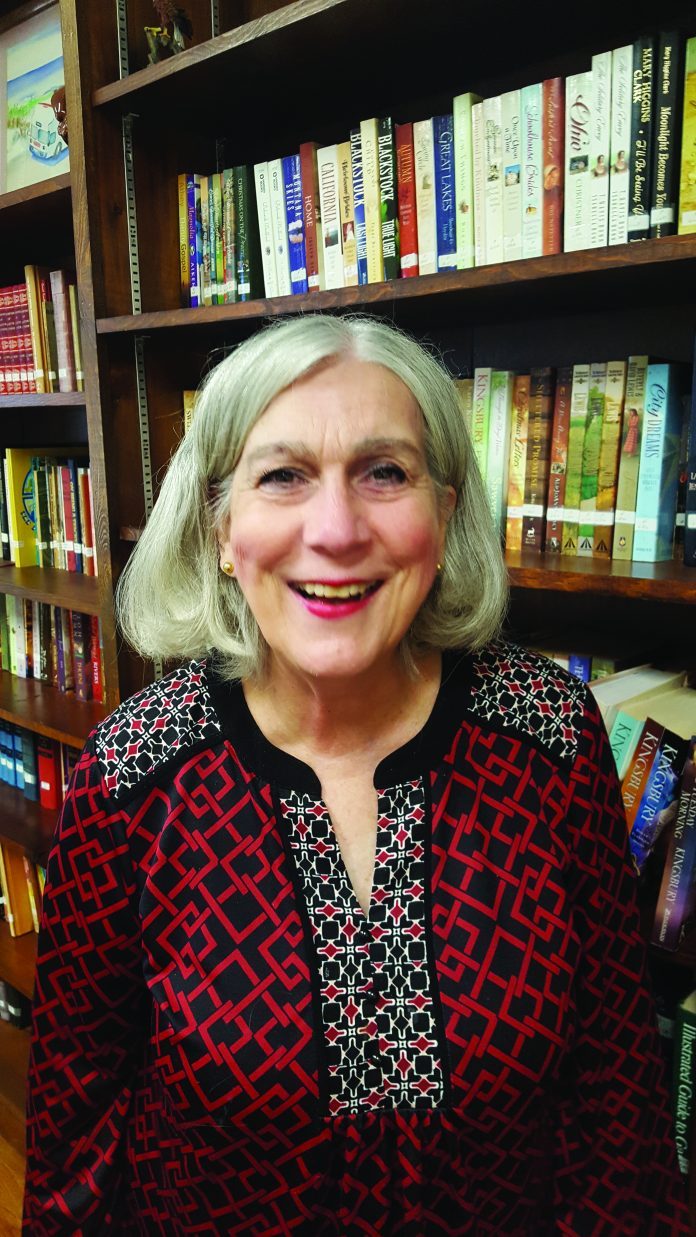By Beth Pinyerd
Camping is the summer theme for our classroom of children this summer. We have had a blast of imaginary fun in learning and exploring different kinds of animals and their habitats as well as moon and star gazing.
As parents and teachers, we know and answer many ongoing questions that children have. “Why is the sky blue?”, “Why do people have different eye colors and hair color?”, “Why do stars twinkle?” etc. are just a few questions that I have heard from my young students. My co-teacher and I may not know all the answers, but along with our students, we will do our best to find them out.
From infants to older children and we adults, God has given each child an innate drive to find out about the world around them. As parents and teachers, it is a wonderful opportunity to stimulate and encourage a child’s curiosity at a young age. Curiosity encourages the brain to develop as children learn to read, do math, science, explore, investigate and manipulate, etc. Curiosity motivates children to want to learn!
As parents and teachers, what can we as parents and teachers do to encourage and enhance curiosity with our children? Provide them with a curiosity-driven environment of wonder and awe allows children to explore! Remove items which may be dangerous to your children, which will allow them to explore in a safe environment.
Remember to set limits and boundaries in your home of where you feel comfortable for your children or grandchildren to explore. Children want to explore objects and see how they work and why.
Also, set out certain days that you and your children can go on family field trips. This could be something as simple as going to the grocery store with your infants or toddlers. To see colorful shapes of fruit and other foods is a wonderful curiosity lesson.
Taking the time to truly engage in nature such as looking at the stars, moon, watching birds and their habits, insects’ habits, making out shapes and forms in clouds as well as watching clouds build up to rainstorms encourages the curiosity drive in our children.
I love seeing my little students on the playground bending over to observe an ant or bee rather than playing. They bring their little playground pet over to their teachers and ask many questions. I love early childhood where children have that freedom of spirit to explore without worrying about a thing.
When your child expresses their thoughts, ideas and questions, focus on what they are expressing to you with excitement, understanding and interest. We adults may not know all the answers, but you and your child can explore the path of knowledge which leads to a solution and problem solving.
I love the way my fellow teacher allows our class to tinker and explore through learning centers. Our young students build elaborate Lego creations, construct tracks for cars, love playing house in the “pretend” center and read and look at books of pictures of animals they might see on a camping trip like squirrels, birds, porcupines, raccoons, different kinds of insects, etc. having a discovery table with nature items for children to closely look at with a magnifying glass, microscope, etc. encourages curiosity.
When traveling on long trips, making up stories together not only encourages language development but reading a few paragraphs and letting your child finish the story is a curiosity booster.
When children use all their senses in the early years of development, they begin to understand and make sense of their environment. This provides for children a curiosity drive about how things work. This process of discovery and learning contributes to the curiosity drive of gaining knowledge for themselves which encourages security and confidence of exploring experiences in learning our world. Pinyerd has taught young children in the early childhood classroom for 34 years as well as outreaching to the elderly in intergenerational settings. She has taught and outreached in the schools in Opelika and Baldwin County. She holds a masters degree in early childhood education as well as a bachelors degree in family and child development both from Auburn University. Her husband is the late Carl Pinyerd and she has one son, Gus Pinyerd who has taught her so much about learning. Classroom Observer is here to serve the community in sharing the wonderful teaching programs in our local public schools, private schools, and homeschools. The column is provided to enrich the education of our children, youth, and families. Classroom Observer welcomes educational news, school news, pictures, and events by e-mailing her at donnapinyerd@charter.net

